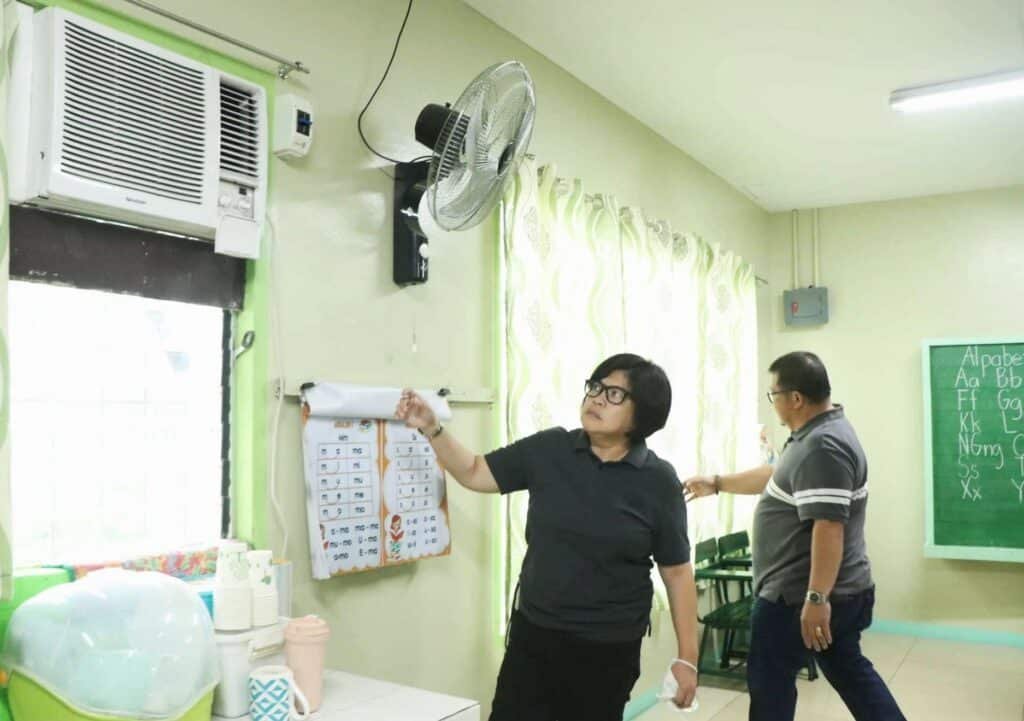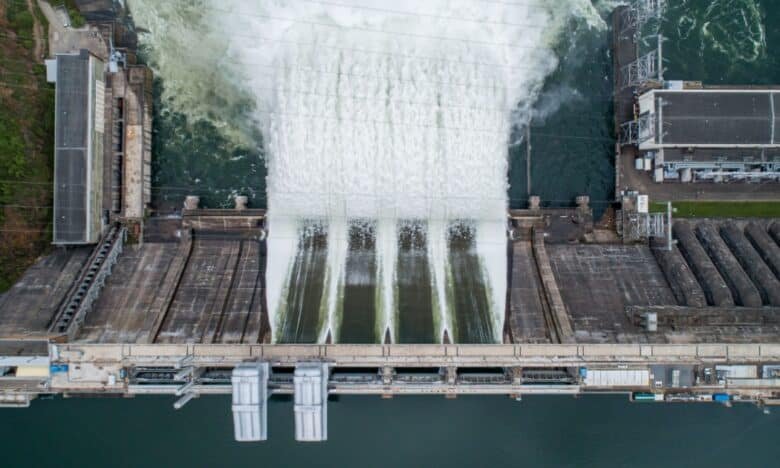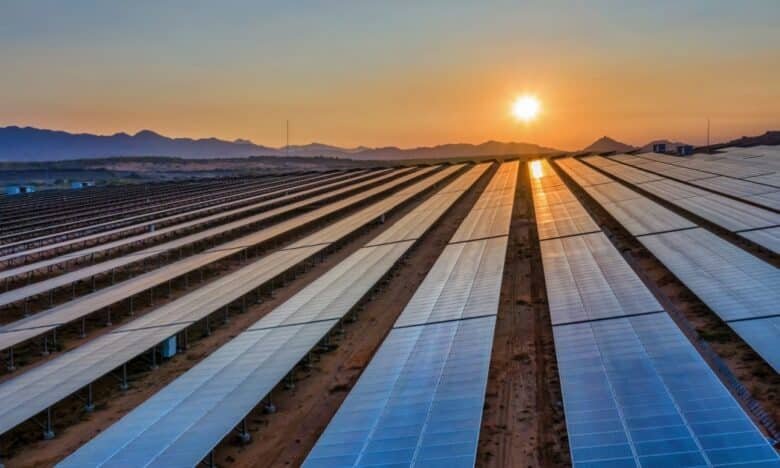
Angeles City, Pampanga Adopts Solar Energy
- September 16, 2024
Angeles City in Pampanga is poised to be among the few local government units that utilize solar energy as a sustainable power source.
Mayor Carmelo “Pogi” Lazatin Jr. is committed to ensuring that all 33 barangay utilities in the city will transition to renewable energy (RE), particularly solar energy, by October 2024.
In addition to these barangays, Lazatin is also planning for all government offices and six rural health units (RHUs) in the city to adopt RE. He added that approximately 1,500 solar street lights will be set up on main and secondary roads in the city by the end of October.
According to the mayor, installing solar panels will promote more efficient electricity use, allowing the city government to save up to P100 million annually. The savings will be redirected to other community projects.
The City Engineers Office has already begun the installation process by inspecting all barangay offices, buildings, and RHUs.
Angeles City’s first fully solar-powered elementary school
The city government has also selected the first public school to receive solar panels as a beneficiary. This will be the Belen Homesite Elementary School in Sto. Cristo village, which has nine classrooms with 187 students. In time, the school, which also has an office, covered court, and restroom structure, will be the country’s first fully solar-powered elementary school.
According to the mayor’s office, the 60 solar panels which will be installed on the rooftops will generate 30 kilo-volt-amperes of electricity. This will be enough to power the lighting system, smart TVs, and air conditioning units that the city plans to secure for the school. A budget of P3 million has been allocated for this project, which will come from the Mayor’s Office and not from the Special Education Fund (SEF).
The City Engineer’s Office has already completed electrical inspections, with preparations underway to install the solar panels, aligning with President Marcos Jr.’s recent announcement to transition public schools to solar power.
Why the PH should adopt solar energy
Aside from our location near the equator, which lets us enjoy abundant sunlight throughout the year, the country is well-suited for adopting solar energy due to the following factors:
-
More affordable energy
The country has one of the highest electricity rates in Southeast Asia. Solar energy offers a budget-friendlier and sustainable alternative to traditional energy sources, which can lower electricity expenses for homes and businesses.
-
Climate change mitigation
According to the World Risk Report, the Philippines is one of the most vulnerable to the effects of climate change, including rising sea levels and extreme weather events. Adopting solar energy helps minimize carbon emissions, complementing global efforts to combat climate change.
-
Stable energy supply
A heavy dependence on imported fossil fuels makes the country susceptible to price fluctuations and energy disruptions. Solar energy allows us to use our own local power, which improves domestic energy security.
-
Government support
The government has implemented policies and incentives to promote RE generation and use, including solar. For instance, the Department of Energy offers RE developers a 7-year income tax holiday, duty-free importation of RE equipment, tax exemption of carbon credits and more.
-
Rural electrification
Many remote areas in the Philippines still lack access to electricity. Solar energy, particularly off-grid systems, can provide a reliable and cost-effective solution for electrifying these underserved regions, improving the quality of life for residents.
How to adapt solar energy for your home
By harnessing solar power, you can reduce your reliance on the grid, lower your energy costs, and make a smart investment in sustainable living. Here are some tips to get you started:
-
Evaluate solar potential
Study your home’s solar potential by considering factors like roof orientation, tilt, and shading. Use solar assessment tools or consult a professional to determine how much solar energy you can generate.
-
Choose the Right Solar Panels
Select high-efficiency solar panels suitable for your location’s solar irradiance levels. Consider panels with good performance in high-temperature conditions, which is common in the Philippines.
-
Invest in Quality Inverters
Choose reliable inverters that convert the DC power generated by solar panels into AC power for your home. Look for inverters with good warranties and efficient performance.
-
Install a Battery Storage System
To maximize the benefits of solar energy, consider installing a battery storage system. This allows you to store excess energy for use during non-sunny periods or power outages.
-
Optimize Energy Usage
Implement energy-efficient practices and appliances to reduce your overall energy consumption. This can enhance the effectiveness of your solar system and lower your electricity bills.
-
Ensure Proper Installation
Hire a reputable solar installation company to ensure proper and safe installation. Proper installation is crucial for maximizing energy production and system longevity.
-
Monitor and Maintain Your System
Regularly monitor the performance of your solar system and perform routine maintenance to ensure it operates efficiently. Cleaning panels and checking for any issues can help maintain optimal performance.
Bottomline
As the government increasingly invests in solar panels for public use, you can join this initiative and contribute to a greener future. With careful planning and the right technology, you can maximize the benefits of solar power and make a positive impact on both your finances and the environment.



